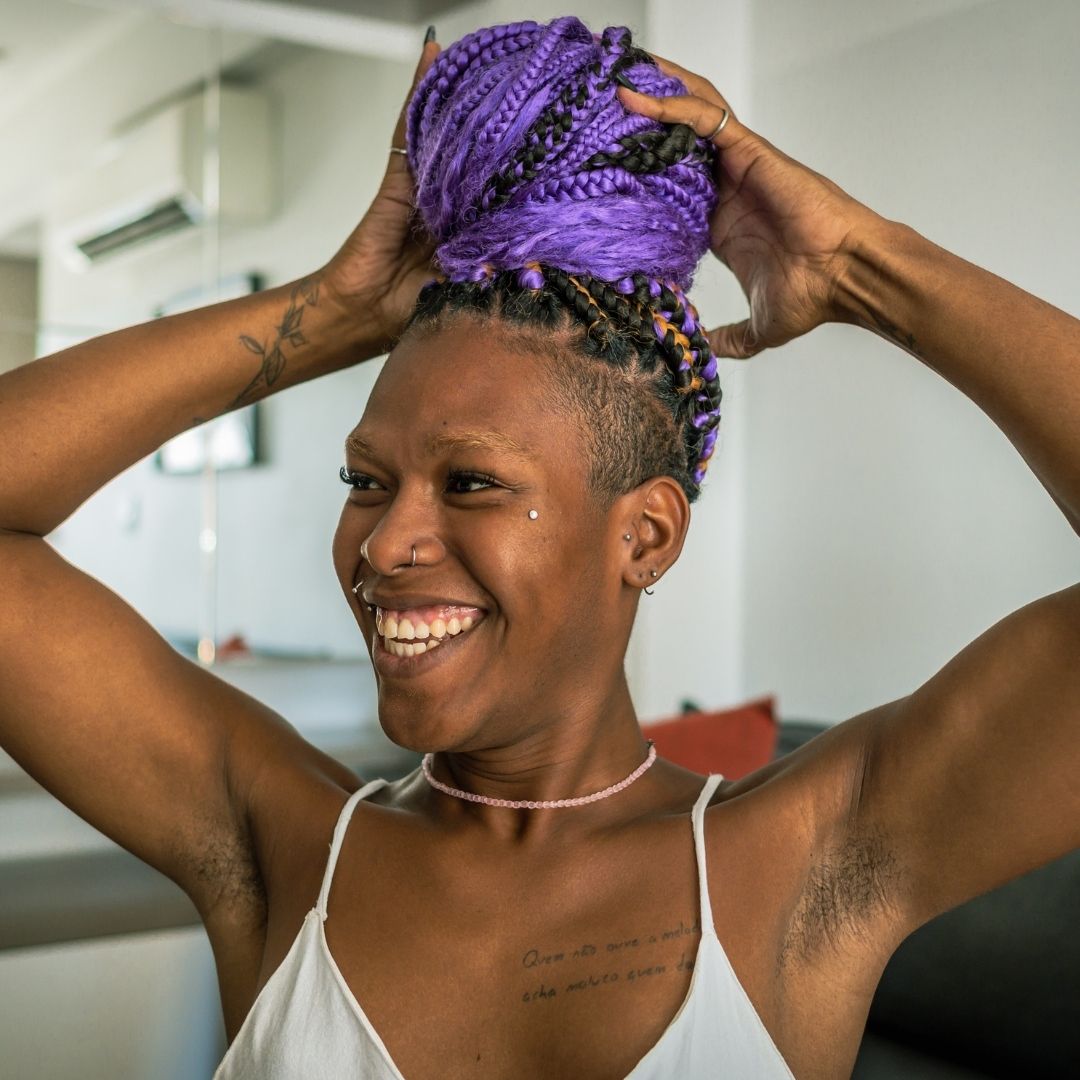1. Black Transgender Women

MOST AFFECTED REGIONS
HEALTH + SAFETY
Transgender people overall are more than 4× more likely than the general U.S. population to be victims of violent crime; Black trans women make up a disproportionate share of fatal anti-trans violence. In recent HRC tracking, Black trans women have been roughly half or more of recorded anti-transgender homicide victims in many years, despite being a small fraction of the population. More Info
In national surveys, Black transgender respondents report extremely high rates of serious psychological distress, suicide attempts, and denial of care due to discrimination; e.g., trans adults overall are nearly 9× more likely to attempt suicide than the general U.S. population. More Info
WORKPLACE + INCOME
One major survey found Black transgender people had a 26% unemployment rate, four times the national rate at the time, and were far more likely to be in extreme poverty than both cisgender Black people and white trans people. More Info
Nearly 41% of Black trans respondents reported having experienced homelessness at some point in their lives, often tied directly to anti-trans discrimination, family rejection, and workplace exclusion. More Info
SCHOOL + EDUCATION
LGBTQ youth overall are about twice as likely to be bullied at school, and more than 1 in 3 miss school because they feel unsafe; trans youth experience the highest levels of harassment and exclusion from bathrooms, sports, and activities. More Info
Because of this hostile climate, trans students—especially Black and Brown trans girls—are more likely to have disrupted schooling, lower GPAs, and higher dropout risk than non-LGBTQ peers (data typically reported for all trans/LGBTQ youth rather than broken out by race).
